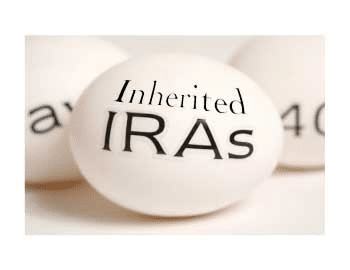Legacy Design Strategies
Omaha, NE, Minot, ND and Iowa Fall, IA Estate Planning and Elder Law Firm
Estate Planning and Elder Law Blog

Nj.com’s recent article entitled “I think my mother left a retirement account to me. How can I find out?” explains that retirement accounts typically are “non-probate” assets—they pass by beneficiary designation, rather than under the account owner’s will.
Each designated beneficiary can contact the financial institution where the account is held directly and request his or her share of the death benefit. The financial institution will need a copy of the account owner’s death certificate to move forward with the claim.
If the account owner doesn’t name a beneficiary, the agreement or contract governing the account may say who gets the death benefit. In many cases, the governing document says that the death benefit is payable to the account owner’s estate. However, some do have a breakdown of beneficiaries that may be close to the succession of heirs under intestacy.
If the mother didn’t name a beneficiary on her retirement account and, as a result, it’s payable to her estate, then it becomes a “probate” asset. Therefore, her will governs who receives it.
If her will doesn’t specifically bequeath that account to specified individuals, it will be a part of her residuary estate. The clause typically says, “I give the rest, residue and remainder of my estate to...”
Residuary beneficiaries are entitled to information about the estate—including the value of estate assets. In addition, there are laws that spell out their rights and remedies to make sure the executor is doing his or her fiduciary duty.
When an executor won’t provide reasonable information to the beneficiaries on the estate and the status of the administration, the beneficiaries should speak with an experienced estate planning attorney. One option may be to initiate a lawsuit to compel the executor to file an accounting and/or an inventory and appraisement of the estate assets. If a beneficiary thinks the executor has acted improperly and/or refuses to disclose estate information, he or she should demand that the executor provide an accounting and file an action with court for an accounting, if the executor refuses. Beneficiaries shouldn’t simply trust an executor, especially one who won’t give out basic information about the estate.
Reference: nj.com (Oct. 5, 2020) “I think my mother left a retirement account to me. How can I find out?”

Get Started Today
Book your Free Estate Planning Consultation Now
Stay Up-To Date
Subscribe to Our eNewsletter
9859 South 168th Avenue,
Omaha, NE 68136
7 Third Street SE, Suite 202,
Minot, ND 58701
320 North Oak Street, PO Box 295,
Iowa Falls, IA 50126
